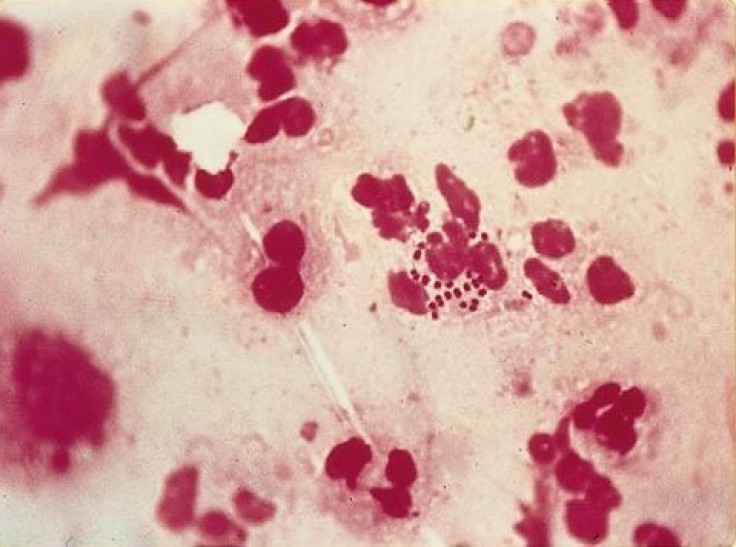Gonorrhoea Sex Superbug 'Worse than Aids'
Antibiotic-resistant form of gonorrhoea has potential to be as deadly as Aids virus

A new antibiotic-resistant form of gonorrhoea first detected in a female sex worker in Japan two years ago has the potential to be as deadly as the Aids virus.
Gonorrhoea HO41 bacteria has also been found in Hawaii, California and Norway, and "the potential for disaster is great", William Smith of the US National Coalition of STD Directors (NCSD), told CNBC.
"It's an emergency situation," Mr Smith warned. "As time moves on, it's getting more hazardous."
"This strain is a very tricky bug and we don't have anything medically to fight it right now."
The new strain of gonorrhoea resists existing drugs and the NCSD has asked the US government for an extra $53million (£34m) in funding to prepare for the future.
"This might be a lot worse than Aids in the short run because the bacteria is more aggressive and will affect more people quickly," Alan Christianson, a doctor of naturopathic medicine, told CNBC.
"Getting gonorrhoea from this strain might put someone into septic shock and death in a matter of days," he claimed.
Gonorrhoea can cause pelvic inflammatory disease, ectopic pregnancy and infertility. The disease is the second most commonly reported sexually transmitted infection in North America.
Professor Dame Sally Davies, England's Chief Medical Officer, recently advised the Government to add the threat of drug-resistant gonorrhoea to the civil emergencies risk register.
"We have seen a worrying rise in cases of drug resistant gonorrhoea over the last decade," Professor Davies told Sky News.
"Antimicrobial resistance to common drugs will increasingly threaten our ability to tackle infections and the Health Protection Agency's work is vital to addressing this threat."
Gonorrhoea can be hard to detect, without obvious blisters or pain. It shows no symptoms in 50% of women, and 5% of men.
Professor Cathy Ison, head of the National Reference Laboratory for Gonorrhoea which is part of Public Health England, told the Today programme: "Hopefully by raising awareness we can at least buy some time and look at new ways in which we can prevent it from becoming untreatable."
"But there is a possibility that if we don't do something then it could become untreatable by 2015."
© Copyright IBTimes 2024. All rights reserved.






